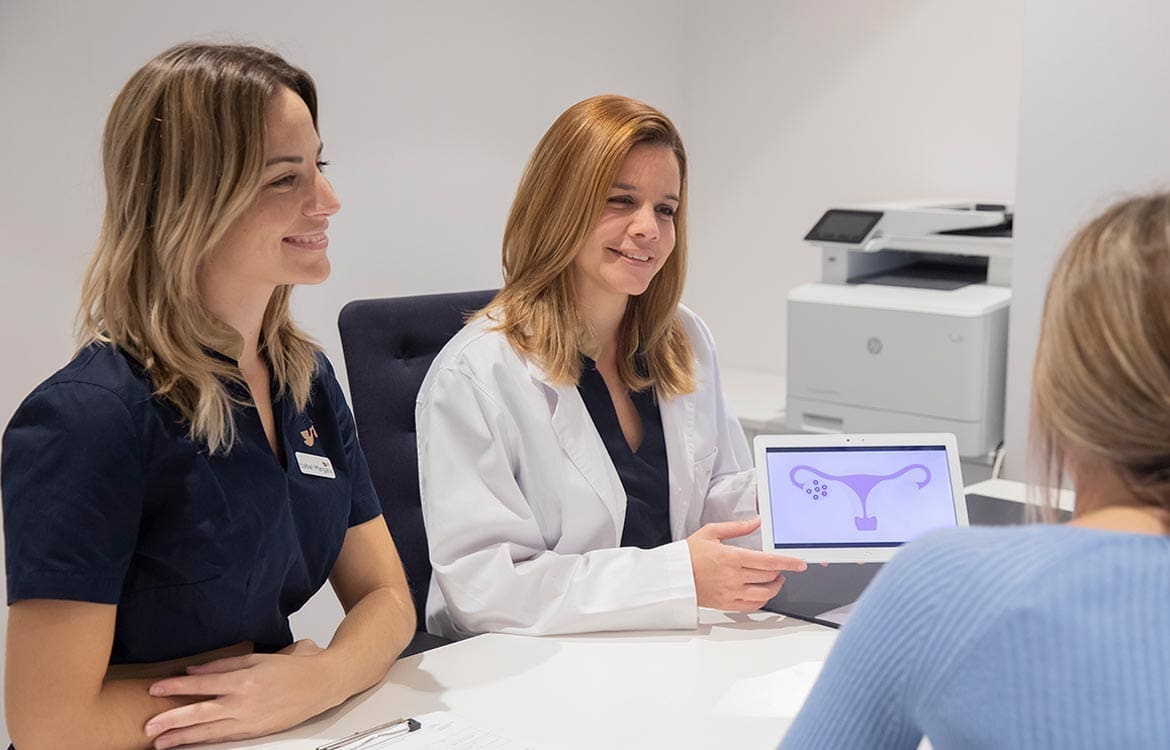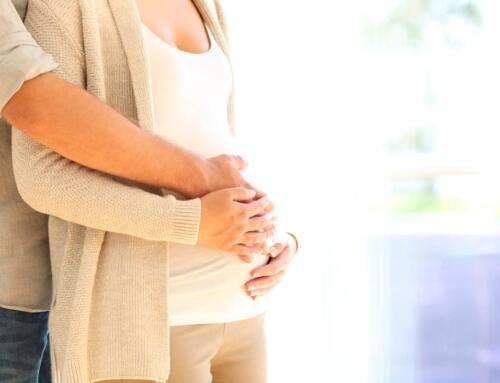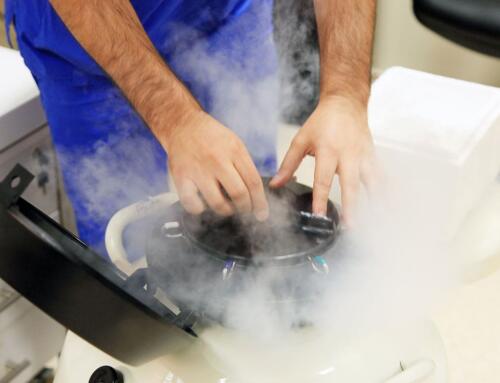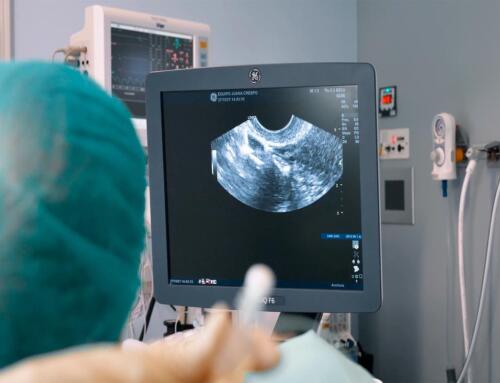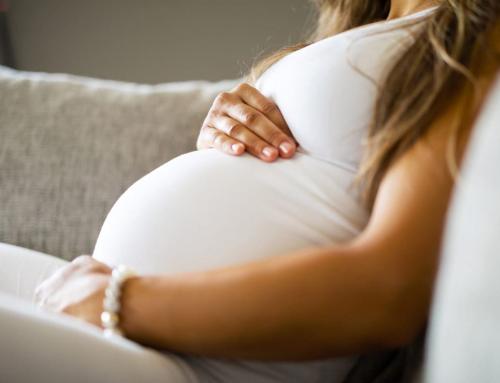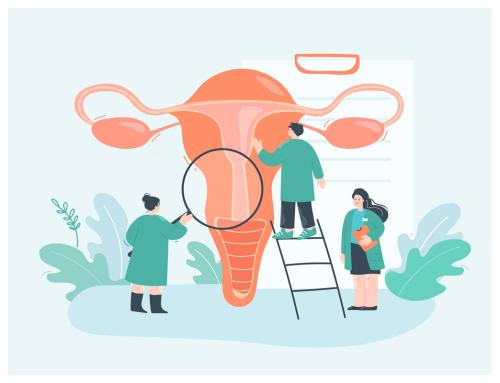.
Poor ovarian quality is one of the main causes of female infertility, as it hinders pregnancy possibilities and reduces the success rate in assisted reproduction treatments.
But what is egg quality and how is it measured, are there methods to improve it, and to what extent does it determine the success of a pregnancy? In this article, we answer these and many other questions about egg quality.
What is ovarian quality?
The term ovarian quality is used to determine whether a woman’s eggs have the morphological characteristics and chromosomal endowment to carry a pregnancy.
Ovular quality should not be confused with ovarian reserve. For example, a 40-year-old woman may have many eggs but, due to her age, these are more likely to have genetic alterations, so these eggs are considered to be of “low quality”.
Ovular quality is a fundamental factor in achieving pregnancy, as higher quality oocytes will give rise to stronger embryos with a greater chance of survival in the early stages of embryonic development, while a poor quality egg can alter the reproductive process.
What elements affect egg quality?
Age is the main factor affecting egg quality.
Female sex cells, unlike those that form the skin, liver or other tissues and organs, do not have a renewal mechanism. This means that as a woman ages, her ability to produce good quality eggs decreases.
In fact, ovarian quality declines considerably after the age of 35, and by the age of 40, poor quality eggs often outnumber “healthy” eggs.
Other factors that can compromise egg quality include:
- Genetic problems
- Immunological problems
- Cancer and/or radiotherapy treatments
- Alcohol and tobacco use.
- Poor diet
- Obesity
- Endometriosis
- Polycystic ovary syndrome (PCOS).
How can you tell if an egg is of good quality?
Unlike ovarian reserve, which can be quantified through various tests (antral follicle count by ultrasound, analysis of anti-Müllerian hormone or determination of FSH levels in the blood), there are no diagnostic tests that, a priori, allow us to know the good or bad quality of the eggs beyond the woman’s age or medical history.
Although high levels of FSH or oestradiol determine a low egg production that (probably) will also affect the quality of the eggs, the best way to check if the woman’s eggs have the capacity to generate quality embryos that develop correctly is through an IVF cycle. In this way, we will be able to know the response of the ovaries to stimulation treatment.
Once the oocytes have been extracted, they are analysed under the microscope to compare their shape and cytoplasm with the standards of a “normal” egg.
So far, several studies have shown that morphological alterations in oocytes are associated with poorer quality and lower pregnancy rates. Although a morphologically normal oocyte is not a guarantee of pregnancy, it does predict a higher percentage of embryo development.
Thus, there are three types of ovarian quality indicators:
- Gynaecological (age, environmental factors, ovarian reserve).
- Morphological (gamete shape analysis).
- Embryonic (previous abnormal fertilisations, poor embryo development in previous cycles, etc.).
How to improve ovulation quality: tips
Although the most important factor is and always will be age and there are no miracle methods to convert low quality eggs into high quality eggs, having healthy lifestyle habits and eating a healthy and balanced diet will help you boost your fertility.
It is important to have a normal body mass index (between 18 and 25) and to introduce foods rich in vitamins, antioxidants and nutrients into your diet. It is also recommended to increase your intake of vitamin E, which protects the eggs and reduces menstrual cycle disturbances. Some foods rich in vitamin E are: spinach, avocado, almonds, hazelnuts, walnuts and olive oil.
HEALTHY FOOD
Another nutrient that can improve the quality of your eggs is the omega-3 fatty acids found in flaxseed oil and fish such as cod, mackerel and tuna.
Moderate physical activity also has a favourable effect on fertility and egg quality. Keeping fit will help you control or avoid being overweight, speed up your metabolism and improve the work of your endocrine glands, which will directly affect the quality of your eggs.
On the other hand, stress, insomnia and anxiety reduce the body’s immune resistance and can affect the quality of your eggs, so try to get enough sleep and rest.
Finally, some vitamin complexes and inositol or folic acid supplements can improve ovarian quality, although you should check with your doctor before taking them.
The same applies to coenzyme Q10 which, together with a customised treatment and a protocol adapted to the characteristics of each patient, has proved to be an effective method for improving egg quality and guaranteeing better results in assisted reproduction treatments.
***
At Equipo Juana Crespo we apply customised strategies for patients with poor ovulation quality in order to obtain the optimum cycle in which to carry out oocyte retrieval.
Furthermore, although ovulation quality is a key element in determining the chances of gestation, we must not forget that it is not the only one. A woman’s fertility depends on many other factors and it will be the combination of all of them that will ultimately determine the chances of having a healthy baby at home:
- Ovarian reserve.
- Medical history (autoimmune diseases, for example).
- Existence of other reproductive pathologies (polyps, fibroids, adhesions, etc.).
- Morphology and size of the uterus.
- Endometrial receptivity.
Etc, etc.
Do you need more information? Contact us. We are experts in highly complex reproductive medicine.
.


